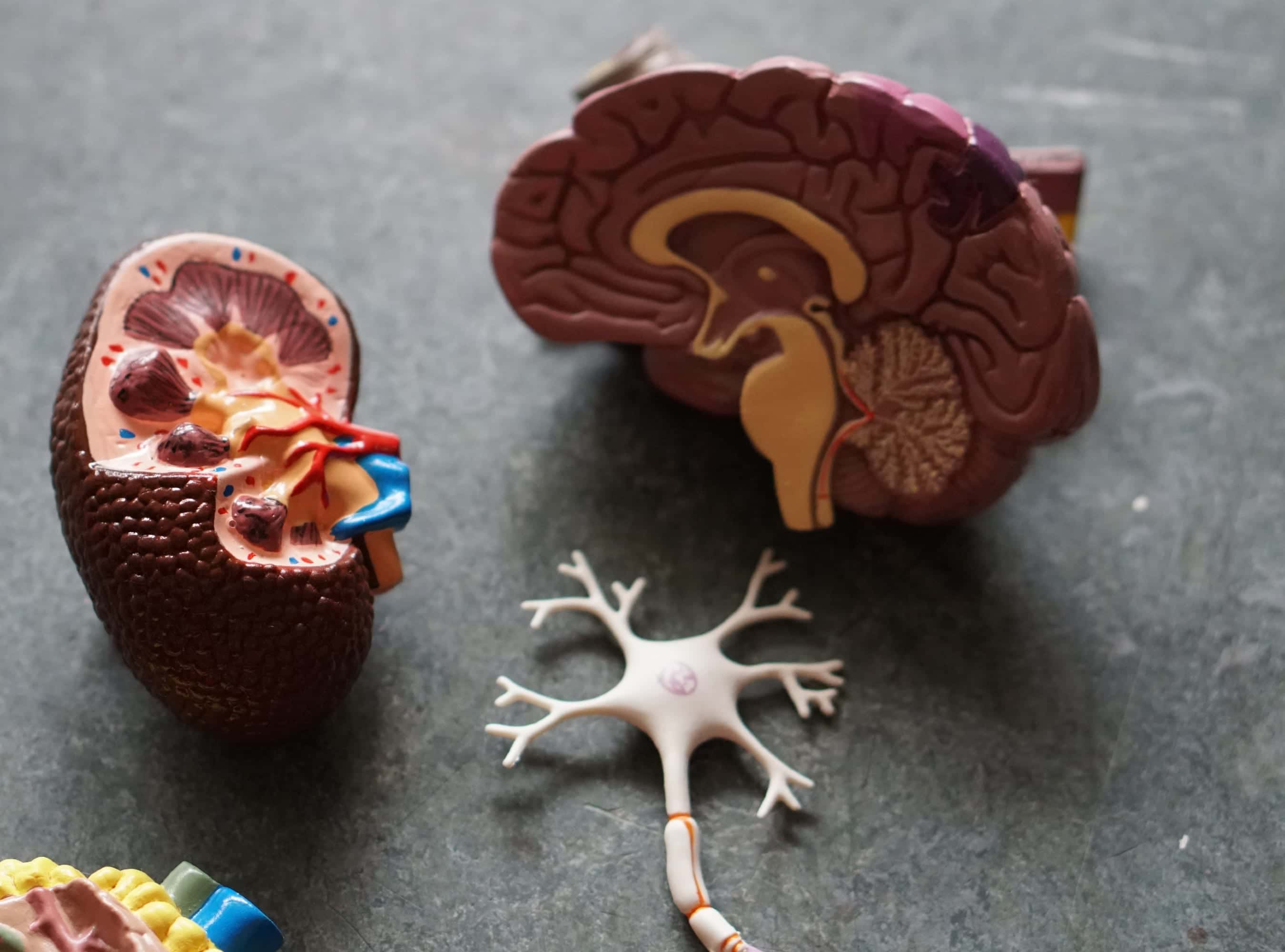Neuropsychologist Expert’s Findings on Plaintiff’s Cognitive Health Are Challenged Over Lack of In-Person Examination
Updated on
Court: United States District Court for the Northern District of California, San Jose DivisionJurisdiction: FederalCase Name: Kanellakopoulos v. Unimerica Life Ins. Co.Citation: 2019 U.S. Dist. LEXIS 78054
Facts
The plaintiff, a Vietnam war veteran, filed this suit against the defendant insurance company alleging he was wrongly denied benefits under a catastrophic disability policy. Specifically, the plaintiff claimed breach of contract, breach of the implied covenant of good faith and fair dealing, and violation of California’s Unfair Competition Law. The jury ultimately decided in favor of the defendant.
In his motion for a new trial, the plaintiff claims that the court should have excluded the testimony of the defendant’s neuropsychologist expert witness under Daubert. In a written order applying the framework established by the Supreme Court through Daubert and Kumho Tire Co., Ltd. v. Carmichael, the court had concluded that the expert’s observations of the plaintiff’s alleged cognitive impairment and his need for verbal cueing and assistance was essential to the case and, thus, relevant. The court also found the expert’s opinions to be reasonably reliable in light of his education, training, and experience as a clinician and psychologist.
In the original trial, the court also rejected the claim that the expert’s findings were misleading because he did not review the plaintiff in-person. The court further noted that the plaintiff had waited until after his supposed debilitating injury had abated to file his insurance claim, and so it was unclear what relevant information the expert could have gained from the evaluation carried out years later. The court noted that several courts had upheld litigation decisions based on an independent review of the case. In the end, the trial court held that the fact that the expert’s views were based on a written analysis rather than on an in-person evaluation affected only the testimony’s weight and not admissibility.
The Neuropsychologist Expert Witness
In the motion for a new trial, the plaintiff reiterated his claims that the expert’s theories were liable to dismissal because they were not founded on in-person review. The plaintiff argued that neuropsychologists conduct and evaluate tests, and since no such studies had been carried out in this situation, the expert’s testimony lacked any foundation in his training and expertise. The plaintiff supported this claim with excerpts from the expert’s trial testimony describing his standard practice of testing and analyzing results to form an opinion on the existence of cognitive impairment.
Discussion
The court noted that the expert did not testify that neuropsychological assessment is the only acceptable method for determining impairments. On the contrary, he testified that he had expertise with treating patients—specifically Vietnam veterans—who are so disabled that neuropsychological evaluations can not be conducted. The expert had outlined his 50-hour evaluation of the plaintiff’s medical records and explained that, in his view, those reports were not associated with significant cognitive disorders.
The court further noted that once asked during the cross-examination as to what evidence he had to measure cognitive impairments without neuropsychological testing, the expert had responded that he had over 40 years of experience in observing, questioning, studying, and examining people so the error rate would be minimal.
Held
The court concluded that the plaintiff did not present any basis for the reconsideration of the Daubert ruling regarding the neuropsychologist expert witness.
Subscribe to our newsletter
Join our newsletter to stay up to date on legal news, insights and product updates from Expert Institute.
Sign up nowFind an expert witness near you
What State is your case in?
Subscribe to our newsletter
Join our newsletter to stay up to date on legal news, insights and product updates from Expert Institute.


